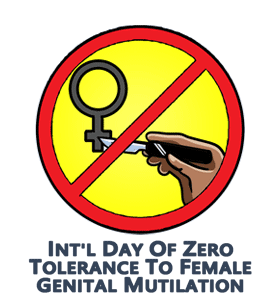International Day of Zero Tolerance to Female Genital Mutilation
Quick Facts in the UK
| Hashtags | #FGMZeroToleranceDay2025 |
|---|---|
| Related Hashtags | #EndFGM, #FGM, #HerVoiceMatters |
| 2025 Date | 6 February 2025 |
| 2026 Date | 6 February 2026 |
2025 Holidays & Dates - UK
| UK & Common Holidays | ||
| Misc. & Int'l. Observancesℹ | ||
| Christian Holidays | ||
| Jewish Holidays | ||
| Muslim Holidays |
› | ||
